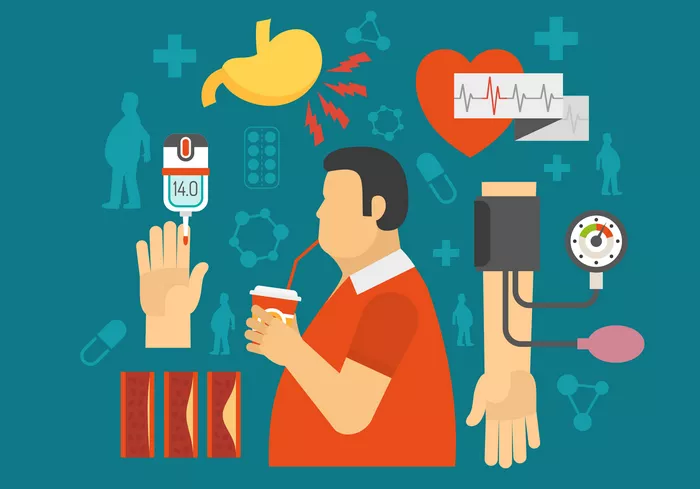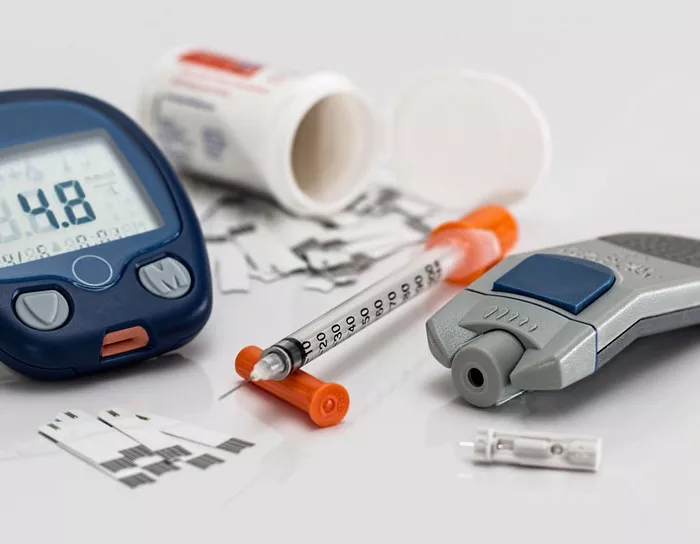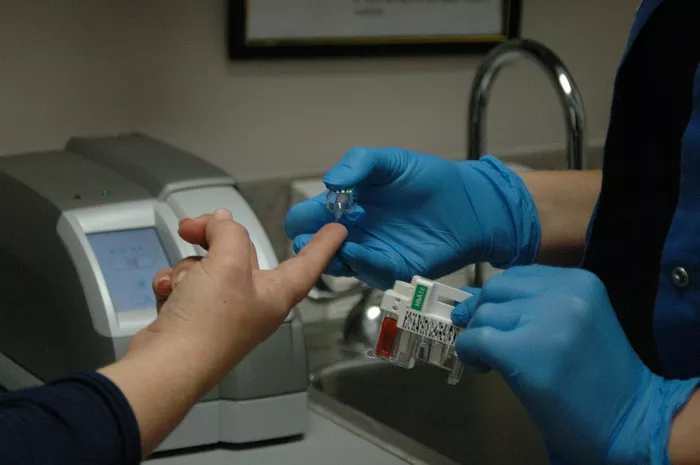In the vast landscape of chronic diseases, few conditions have captured the attention of researchers, healthcare professionals, and individuals alike as much as diabetes. With its far-reaching impacts on health and well-being, diabetes has long been viewed as a progressive and irreversible condition.
However, recent advances in medical research and understanding have sparked hope and debate regarding the possibility of reversing diabetes. In this comprehensive exploration, we delve into the intriguing question: Is diabetes reversible?
Understanding Diabetes
Before delving into the question of reversibility, it’s essential to grasp the fundamentals of diabetes.
Diabetes mellitus, commonly referred to as diabetes, is a chronic metabolic disorder characterized by elevated blood sugar levels (hyperglycemia). The two primary types of diabetes are type 1 diabetes and type 2 diabetes, each with distinct underlying mechanisms and implications.
Type 1 Diabetes:
Type 1 diabetes is an autoimmune condition in which the body’s immune system mistakenly attacks and destroys the insulin-producing beta cells in the pancreas. This results in a deficiency of insulin, the hormone responsible for regulating blood sugar levels. Individuals with type 1 diabetes require lifelong insulin therapy to manage their blood sugar levels and prevent complications.
Type 2 Diabetes:
Type 2 diabetes, the most common form of diabetes, is characterized by insulin resistance, where the body’s cells become less responsive to the effects of insulin. Initially, the pancreas compensates by producing more insulin to overcome this resistance.
However, over time, insulin production may decline, leading to elevated blood sugar levels. Type 2 diabetes is closely linked to lifestyle factors such as obesity, sedentary behavior, poor dietary choices, and genetic predisposition.
Both types of diabetes pose significant health risks and complications if left unmanaged, including cardiovascular disease, nerve damage, kidney disease, vision loss, and impaired wound healing.
The Concept of Diabetes Reversibility
The notion of reversing diabetes, particularly type 2 diabetes, has garnered significant attention in recent years, fueled by anecdotal success stories, promising research findings, and popular media coverage.
The concept of diabetes reversibility implies that, through lifestyle modifications, dietary interventions, and other strategies, individuals with diabetes can achieve normal blood sugar levels, reduce or eliminate the need for diabetes medications, and potentially restore pancreatic function.
While the idea of reversing diabetes holds immense appeal for individuals grappling with the condition, it’s essential to approach it with caution and scientific scrutiny. Diabetes is a complex and multifactorial disease influenced by genetic, environmental, and lifestyle factors, making blanket assertions about its reversibility challenging.
The Role of Lifestyle Modifications and Interventions
Despite the complexity of diabetes, numerous studies have demonstrated the profound impact of lifestyle modifications and interventions on diabetes management and outcomes.
Research has shown that adopting a healthy lifestyle characterized by regular physical activity, balanced nutrition, weight management, and smoking cessation can improve insulin sensitivity, lower blood sugar levels, and reduce the risk of diabetes-related complications.
In particular, weight loss has emerged as a key determinant of diabetes reversal in individuals with type 2 diabetes. Excess body weight, especially visceral adiposity (fat stored around the abdomen), is closely linked to insulin resistance and impaired glucose metabolism.
By achieving and maintaining a healthy weight through calorie restriction, dietary changes, and increased physical activity, individuals with type 2 diabetes can significantly improve their glycemic control and metabolic health.
Evidence for Diabetes Reversal
While the concept of reversing diabetes remains somewhat controversial, several studies have provided compelling evidence supporting the feasibility of diabetes reversal through lifestyle modifications and interventions. The landmark Diabetes Prevention Program (DPP) study, for example, demonstrated that intensive lifestyle interventions, including dietary changes and increased physical activity, reduced the incidence of type 2 diabetes by 58% in individuals at high risk for the condition.
Similarly, the DiRECT (Diabetes Remission Clinical Trial) study, conducted in the United Kingdom, showed that a low-calorie, nutritionally complete liquid diet followed by gradual food reintroduction led to diabetes remission in nearly half of participants with type 2 diabetes. These findings underscore the potential for significant improvements in glycemic control and metabolic health through intensive lifestyle interventions.
Challenges and Considerations
While the evidence for diabetes reversal is promising, several challenges and considerations must be taken into account:
1. Individual Variability:
The response to lifestyle interventions and the potential for diabetes reversal vary widely among individuals. Factors such as age, duration of diabetes, baseline metabolic health, genetic predisposition, and adherence to treatment regimens can influence outcomes.
2. Long-term Sustainability:
Sustaining the lifestyle changes necessary for diabetes reversal can be challenging, requiring ongoing commitment, motivation, and support. Without continued adherence to healthy behaviors, the benefits of diabetes reversal may diminish over time.
3. Clinical Monitoring:
Individuals pursuing diabetes reversal should undergo regular clinical monitoring, including measurements of blood sugar levels, A1C levels, lipid profiles, blood pressure, and other metabolic parameters. Close collaboration with healthcare professionals, including physicians, registered dietitians, and diabetes educators, is essential for personalized guidance and support.
Conclusion
In conclusion, the question of whether diabetes is reversible is a complex and nuanced one, with both scientific evidence and practical considerations shaping our understanding of the phenomenon. While diabetes reversal is not a one-size-fits-all solution and may not be achievable for everyone, the evidence suggests that intensive lifestyle modifications and interventions can lead to significant improvements in glycemic control, metabolic health, and quality of life for individuals with type 2 diabetes.
By adopting a holistic approach to diabetes management that encompasses dietary changes, physical activity, weight management, and behavioral interventions, individuals with diabetes can take proactive steps toward optimizing their health and well-being. While the journey toward diabetes reversal may be challenging, the potential for improved outcomes and a brighter future makes it a goal worth pursuing.
As our understanding of diabetes continues to evolve, ongoing research, innovation, and collaboration hold the promise of transforming the lives of millions affected by this widespread and impactful condition.



























